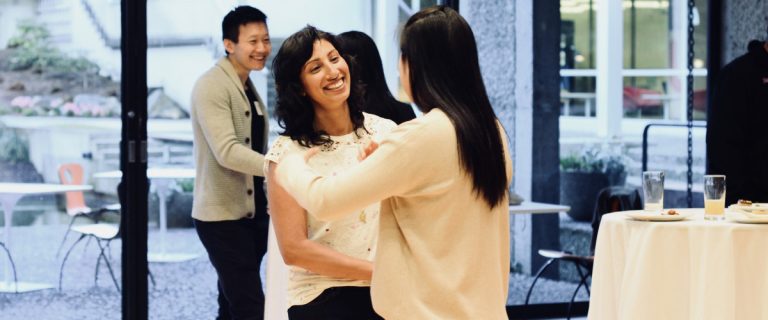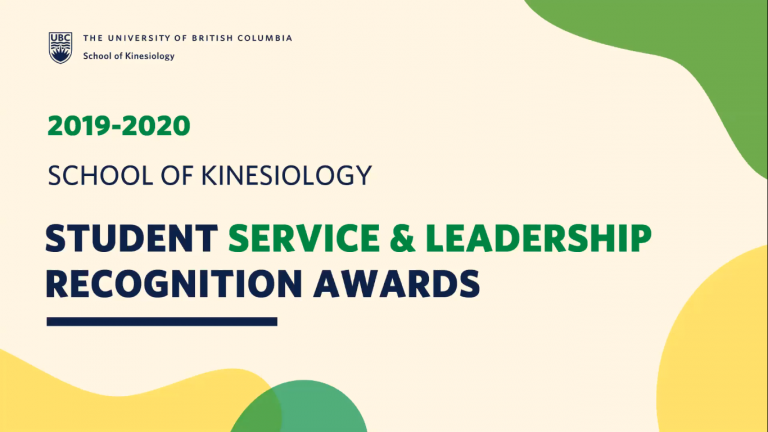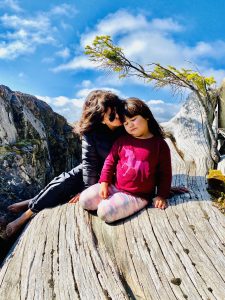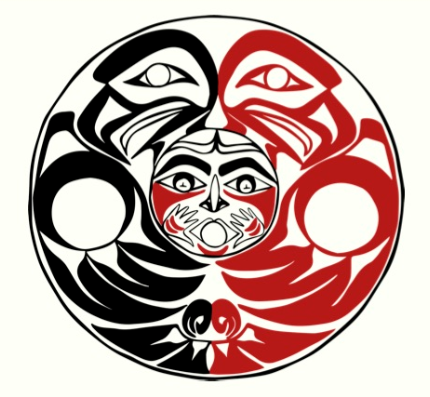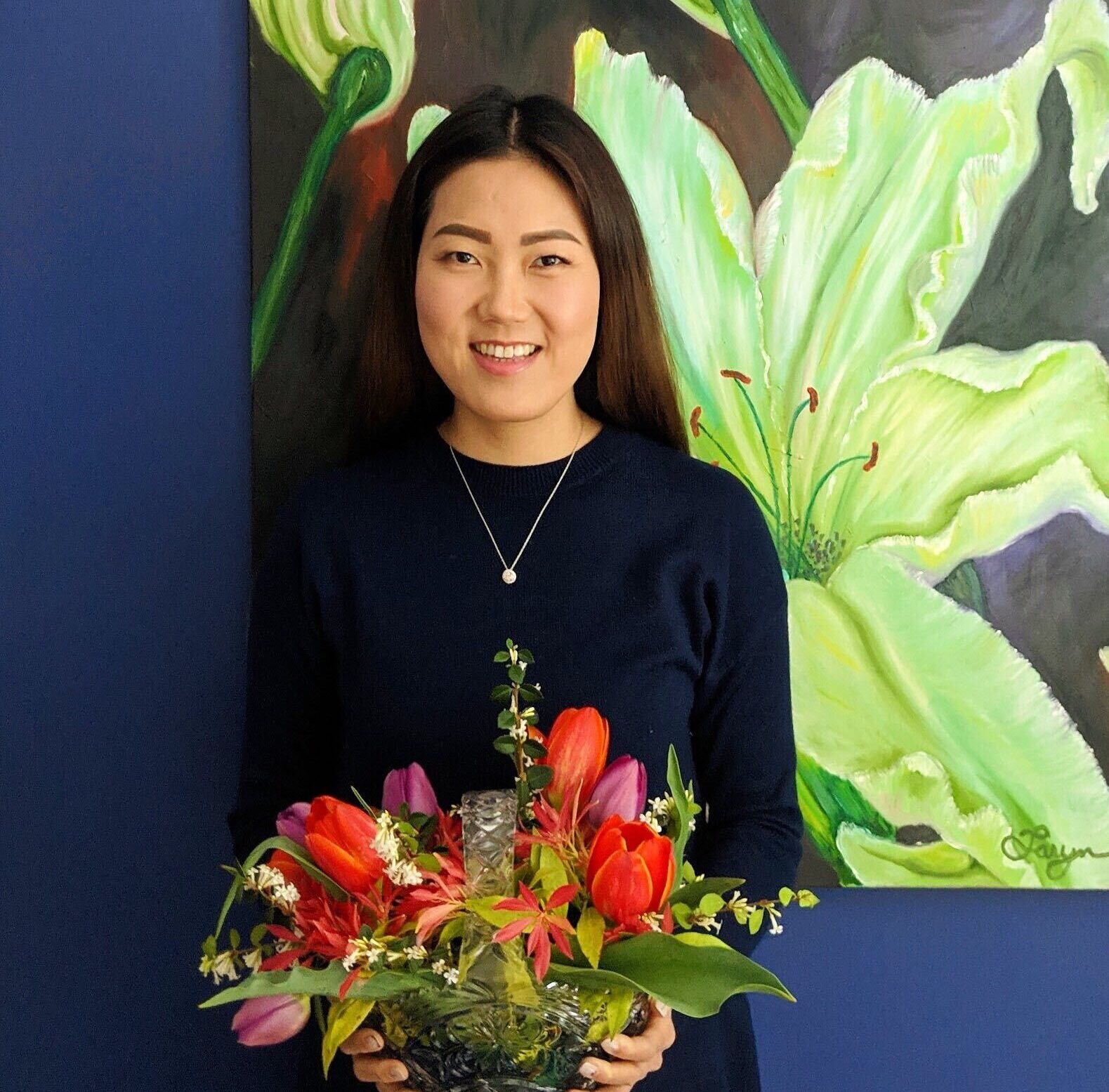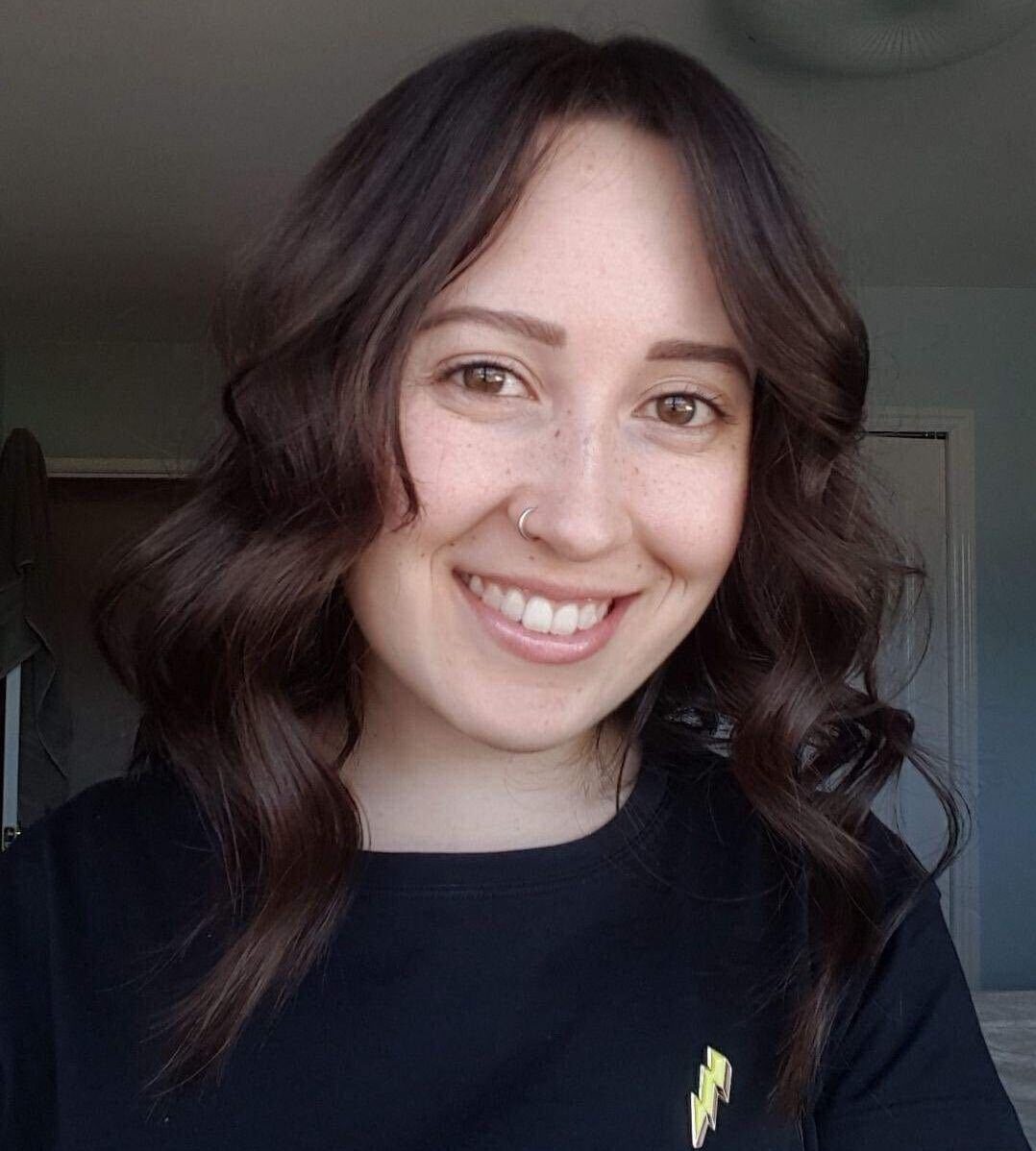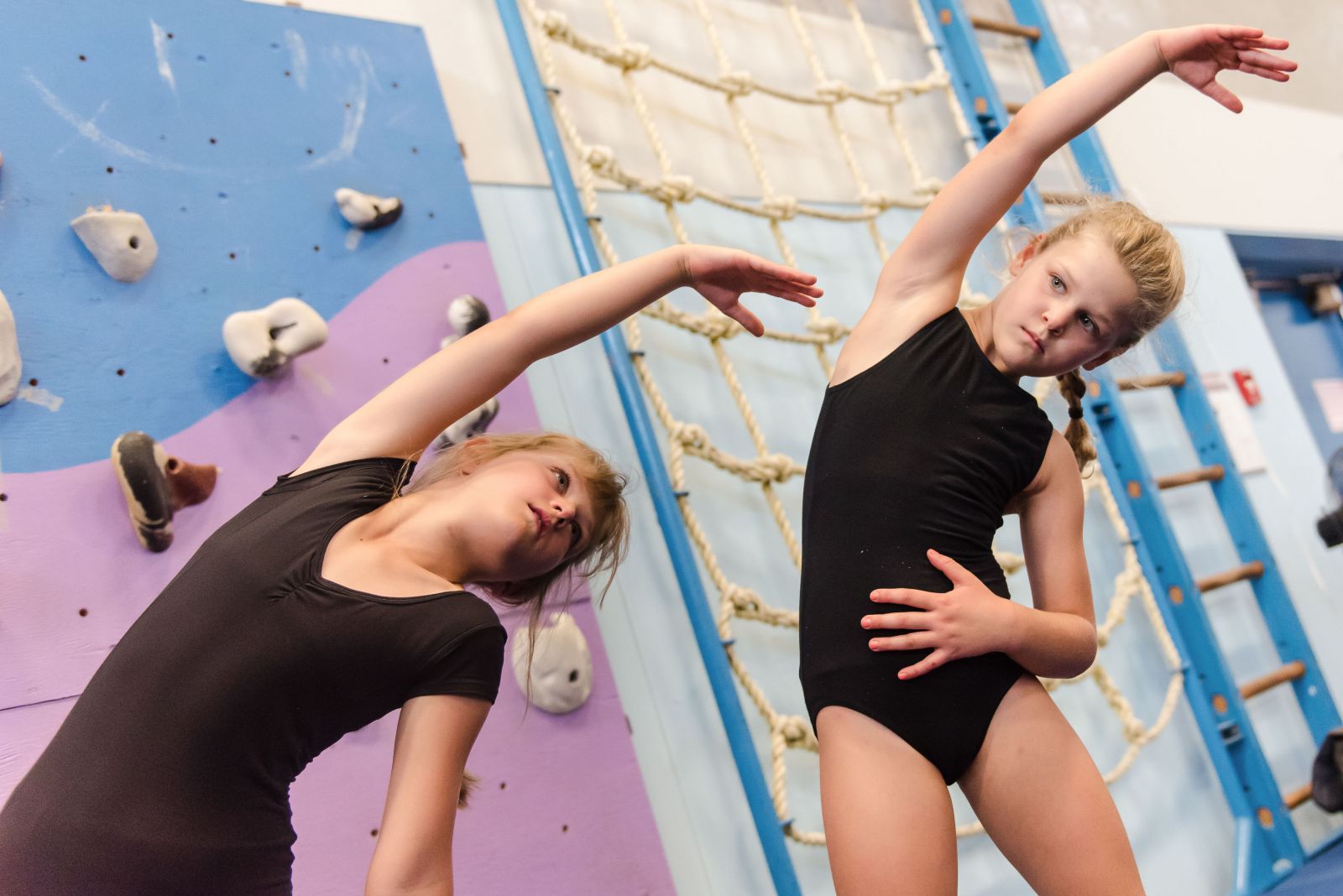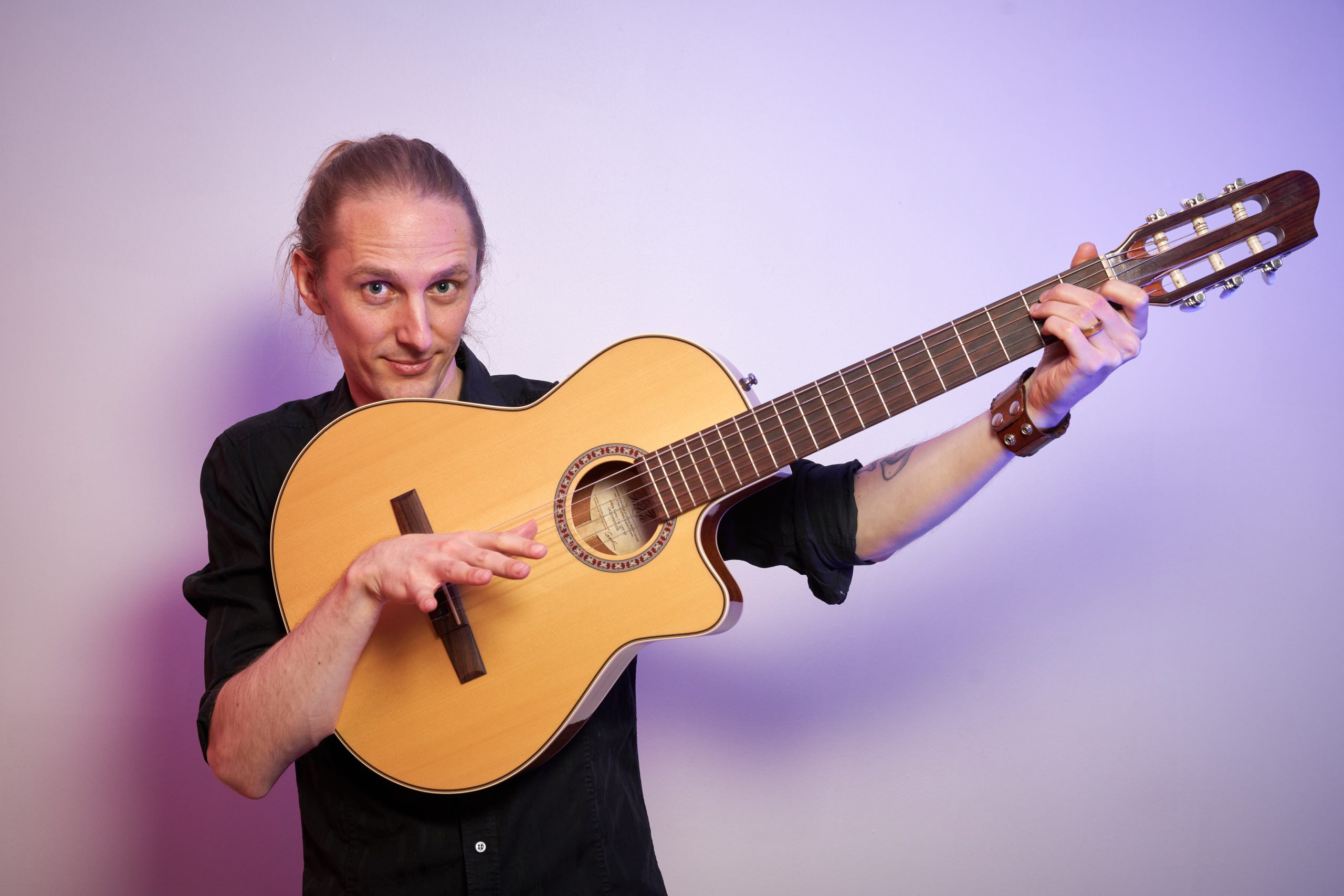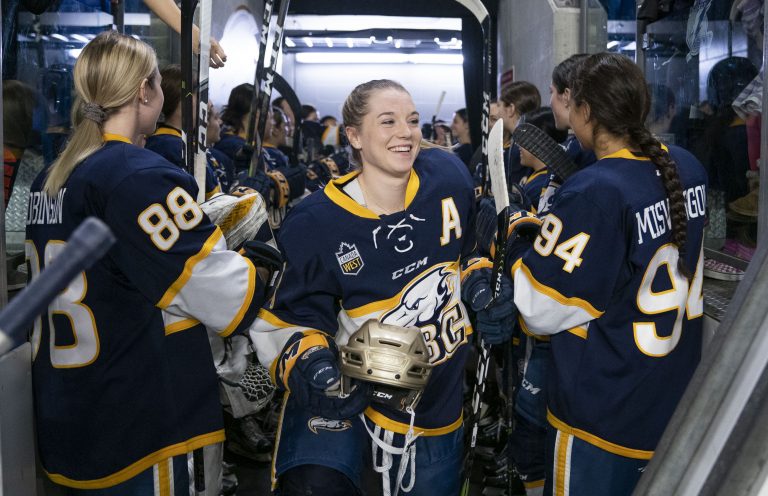Hello everyone! My name is Matthew Jang, and I am currently a fourth-year Kinesiology student specializing in Health Sciences. After completing a diploma in Kinesiology at Capilano University and transferring to UBC, there was no doubt in my mind that I wanted to participate in the KIN Co-op program. Co-op offers valuable and relevant experience working in my field of study which I believe will benefit me in the future.
My interest in Kinesiology stems from my grandparents, who led an active and independent lifestyle well into their mid-90s before health-related illnesses and injuries negatively impacted their mobility. From a personal perspective, I became more aware of how physical activity, or lack of it, can affect an individual’s strength and endurance and impact both their physical and mental well-being, regardless of age. So, when an opportunity for a Rehabilitation Therapy Assistant at an organization called New Roots was posted to the Co-op employment site, I quickly applied.
New Roots is a non-profit adult day program, promoting independent living, health and wellness, and community involvement, by providing a place for seniors to socialize and participate in therapeutic recreational activities. I began working at New Roots in September 2019 and, since then, have enjoyed getting to know the seniors there, and helping them with their rehabilitation exercises. Many of the seniors live alone and their time at New Roots is the only social interaction they have with others. So when the COVID-19 pandemic struck and BC Health authorities closed businesses and encouraged people to stay home, it caused a major strain on the lives of these seniors. As seniors are deemed higher risk for serious illness if they contract COVID, they must take additional precautions with social distancing. This, in turn, is leaving seniors at New Roots confused and isolated.
In an attempt to lessen the impact of COVID-19 for New Roots clients, the Director made some adjustments to the way in which we could offer our services. Instead of going into work, I am now working from home, and instead of offering hands-on help to our clients, I am calling them on the phone to engage them in conversation. All clients are called weekly and while they continue to sound surprised when they hear my voice, they are very appreciative of the effort to check up on how they are doing. In addition to the individual phone calls, I facilitate group conference calls for clients who are ‘buddies’ in the program. The goal of these calls is to allow everyone to share what’s on their minds and socialize.
In a further attempt to ensure our members stay healthy, I have also created an online video of an exercise routine that they can follow along with from their homes. These videos are being sent to all clients who have access to a computer or iPad. For those who do not have access to these devices I have created several different exercise routines that were printed out and sent to clients by mail. Each routine has detailed explanations on how to perform each exercise.
Though there have been many new challenges, my co-op term with New Roots has shown me that there are solutions to every problem, no matter how large! I believe I have developed a trust and friendship with many clients at New Roots and as my Coop term draws to an end, I have learned that even through tough times, like a pandemic, we are all in this together (and no, I’m not referring to the High School Musical song!). COVID-19 has impacted each of us in one way or another and it is up to us all to help each other through this worrisome time.
Be kind to each other. Stay safe and healthy. We will get through this together.

